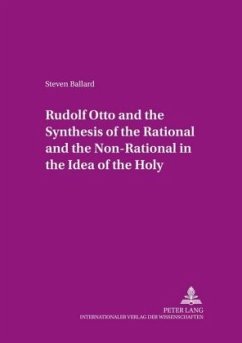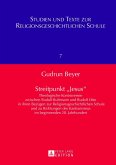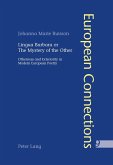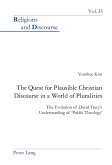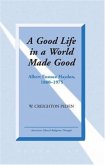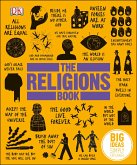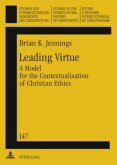Rudolf Otto (1869-1937) is one of the foremost pioneers in the study of religion, and as a theologian, philosopher and phenomenologist of religion, he exerted a worldwide influence in his field.
Today, however, the position that Rudolf Otto holds seems less favourable. Many critics, especially in Germany, regard Otto's work, which moves freely between the disciplines of Theology and Religionswissenschaft, as lacking in methodological rigour.
Our starting-point is the Idea of the Holy, a category which comprises both the rational and the non-rational dimensions of religion. This provides us with a key to link Otto's theoretical thinking with the practical initiatives in which he was engaged. Thematic parallels are suggested, firstly, between Otto's work in Christology, and Liturgical Reform, and secondly, in relation to his thinking on ethics, and the establishment of the Religious League of Mankind.
Today, however, the position that Rudolf Otto holds seems less favourable. Many critics, especially in Germany, regard Otto's work, which moves freely between the disciplines of Theology and Religionswissenschaft, as lacking in methodological rigour.
Our starting-point is the Idea of the Holy, a category which comprises both the rational and the non-rational dimensions of religion. This provides us with a key to link Otto's theoretical thinking with the practical initiatives in which he was engaged. Thematic parallels are suggested, firstly, between Otto's work in Christology, and Liturgical Reform, and secondly, in relation to his thinking on ethics, and the establishment of the Religious League of Mankind.

